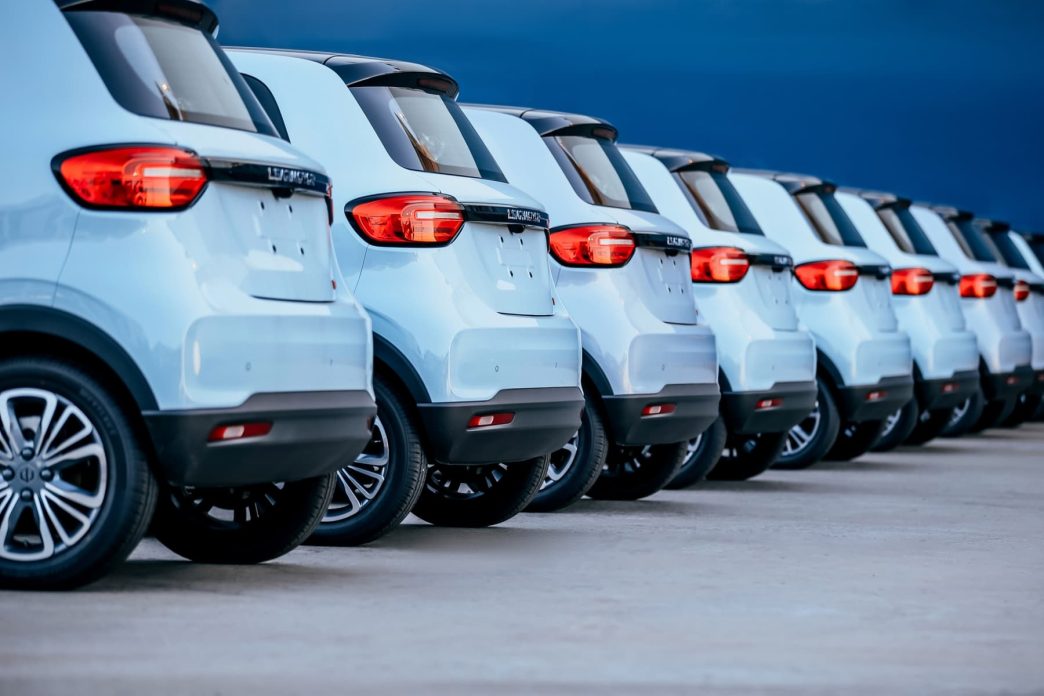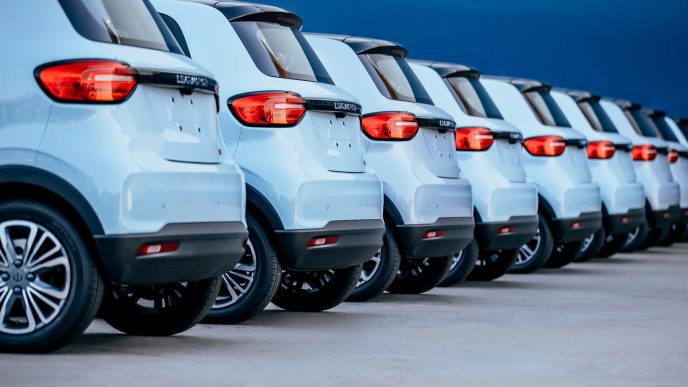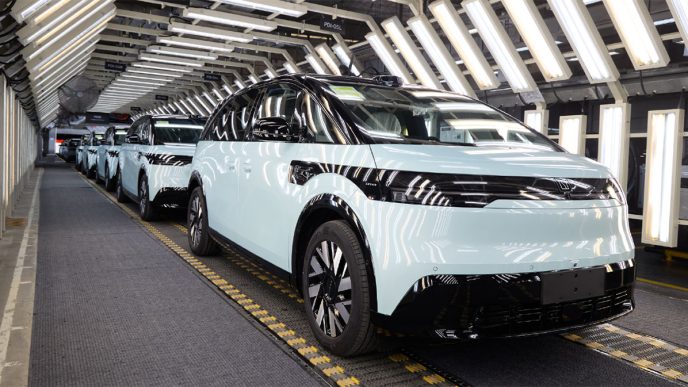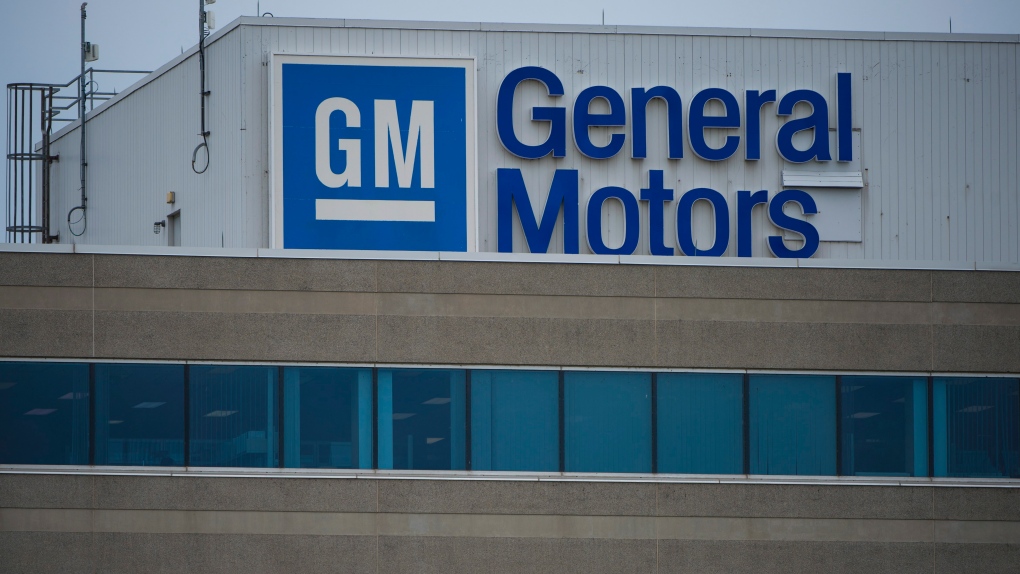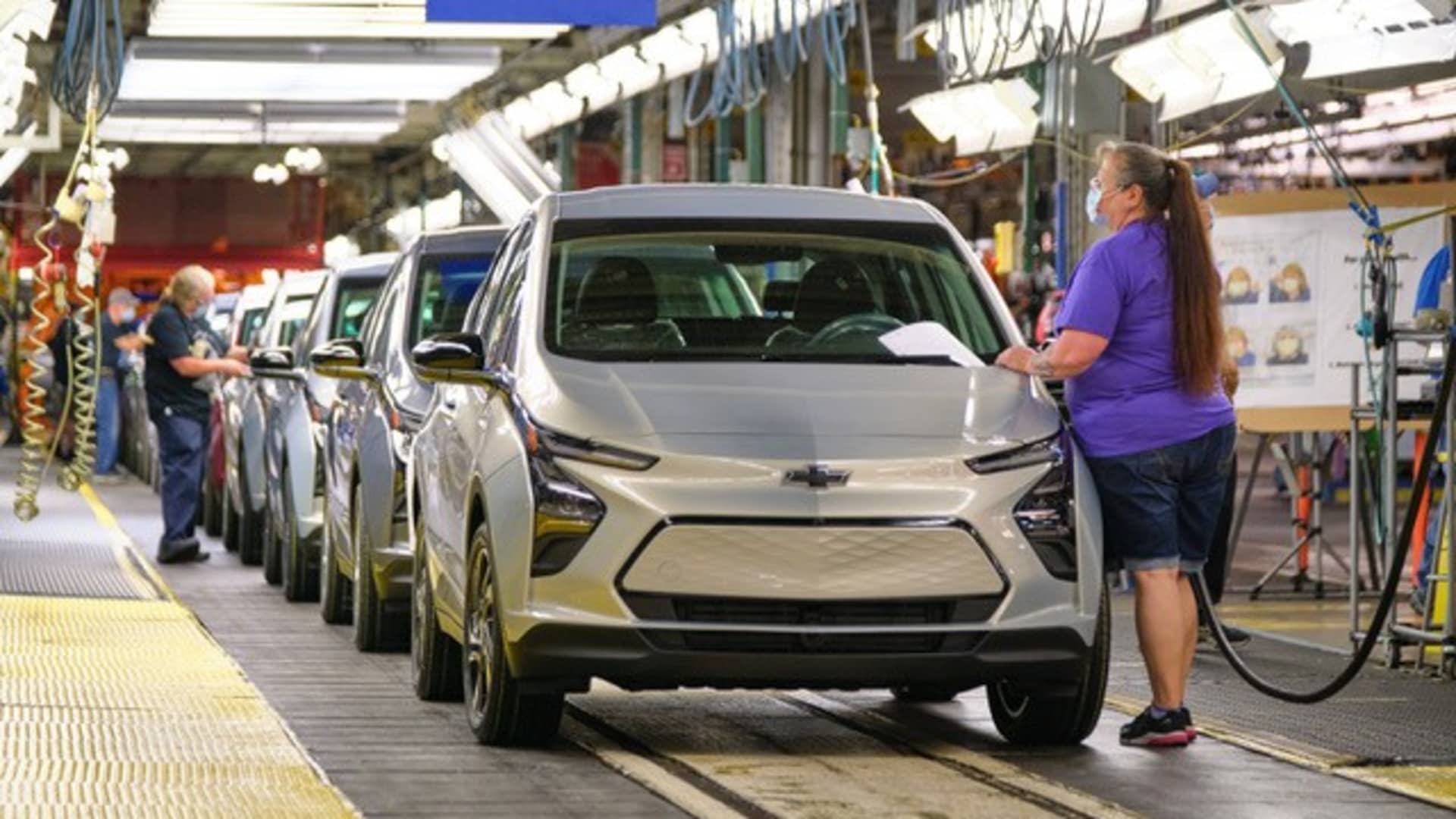Stellantis and its Chinese partner Leapmotor have halted plans to produce a second electric vehicle model at Stellantis’ Tychy plant in Poland, two sources familiar with the matter told Reuters, shifting focus to alternative sites in Germany and Slovakia.
The companies are now considering Stellantis’ Opel plant in Eisenach, Germany, and its Trnava facility in Slovakia for production of the B10 electric crossover, according to one source. The decision follows private guidance from the Chinese government advising domestic automakers to avoid large investments in European Union countries that supported recent EU tariffs on Chinese-made EVs, the sources said.
Stellantis and Leapmotor declined to comment on the production change. The sources, who requested anonymity due to the sensitivity of the matter, added that the Chinese Ministry of Commerce’s October 10 meeting with automakers reinforced this shift, instructing manufacturers to reevaluate investment plans in countries favoring tariffs.
Stellantis and Leapmotor debuted the B10 EV at the Paris Motor Show just days after the advisory, calling it a milestone in their partnership. The EU’s tariff move, enacted October 30, applies rates of up to 45% on Chinese EV imports and was supported by 10 EU countries, including Poland, while Germany, Slovakia, and three others opposed the measure.
The production relocation could impact costs and jobs, as Germany presents higher labor and utility costs than Poland, one source noted. “Moving production to Germany would undoubtedly be more expensive than Poland, particularly due to labor and utility expenses,” the source explained.
With the B10 representing the first model in Leapmotor’s new B-series EVs designed for European markets, the joint venture underscores Stellantis’ aim to deliver “high-tech, affordable” EVs to customers, as CEO Carlos Tavares highlighted. The partnership sees Stellantis holding a 51% stake, while Leapmotor retains 49% ownership in Leapmotor International.
Chinese investment regulations mandate government approval for major overseas ventures, potentially adding further complexities to the joint venture’s revised plans. The Polish industry ministry, China’s State Council Information Office, and ministries in Germany and Slovakia did not immediately respond to requests for comment.
Source: Reuters


